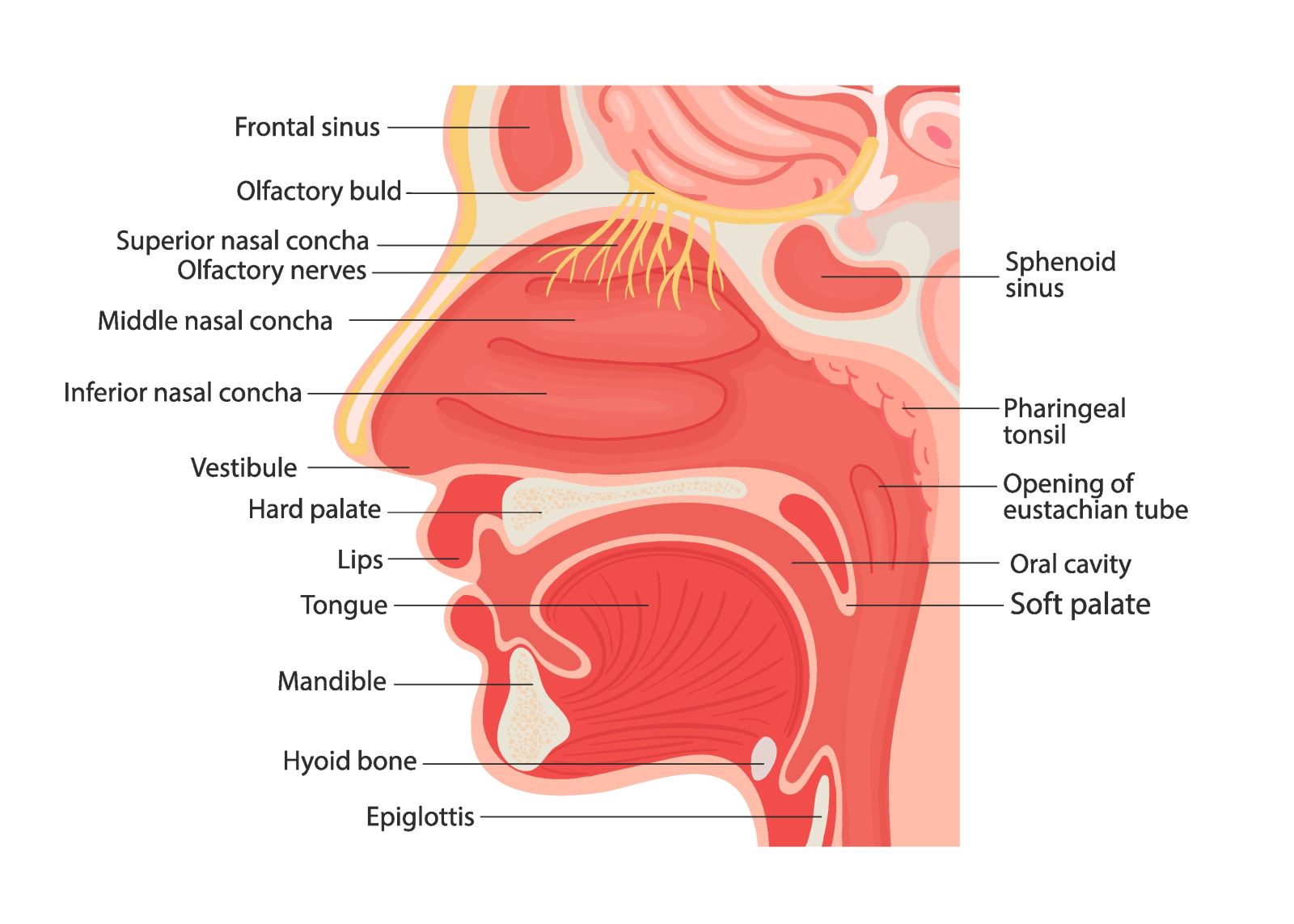
Nasal Conditions
Maury Regional Medical Group Ear, Nose & Throat treats a variety of conditions impacting nasal function. Some of the most common conditions treated include allergies, nasal obstructions and sinus diseases.

Allergies
Nasal allergies are common and generally result in inflammation of the nose and increased mucus production. Also called allergic rhinitis, nasal allergies may be seasonal, with symptoms only at certain times of the year or perennial, with symptoms lasting all year. Common allergens that trigger a reaction include:
- Pollen from grasses, trees and weeds
- Mold
- Dust mites
- Furry or feathered animals
Allergies often cause the nasal passages to swell and may also result in mucus production that may drip from the nose or run down the back of the throat (post nasal drip). Common allergy symptoms include:
- Runny nose
- Nasal congestion
- Sneezing
- Watery, red eyes
- Ear congestion
- Sore throat
- Coughing
Other conditions that exhibit similar symptoms include viral illnesses (such as cold and flu), irritants or pollutants (such as smoke or chemicals), certain medications and weather changes. A physician will complete a thorough physical exam and consult your medical history to determine the source of your allergies and treat the symptoms.
Nasal obstruction
Nasal obstruction hinders airflow in and out of the nose and may affect one or both nasal passages. Causes include swelling of the nasal tissues or anatomical blockages. Examples include:
Conditions
- Allergies
- Chronic sinusitis
- Sinus infection
- Cold or flu
- Certain medications, including blood pressure medicines
Anatomical Factors
- Deviated septum
- Nasal polyps
- Enlarged adenoids
- Enlarged tubinates (bony structures in the nasal cavity)
- Nasal tumors (benign or cancerous)
Nasal obstruction may lead to snoring and sleep disorders that include obstructive sleep apnea. Sleep apnea is a common and dangerous condition characterized by an individual’s breathing repeatedly stopping and starting throughout the sleep cycle. This stopping and starting pattern can result in an array of side effects, including an increased risk for heart attack and stroke. Your physician may recommended a sleep study to diagnose this condition.
sinus disease
Sinus disease, commonly called sinusitis, is caused by an inflammation of the sinuses and nose. There are two types:
- Acute sinusitis is an inflammation of the nasal passage walls caused by viral or bacterial infection. If the condition is viral, such as a cold or flu, over-the-counter medication can help to relieve symptoms until the virus passes. Antibiotics are not effective or recommended for viral infections unless bacteria is introduced to the infected area. A bacterial infection is suspected when the nasal discharge becomes discolored and persists for 10 or more days.
- Chronic sinusitis is an inflammation that persists for more than three months and may be caused by allergies, asthma or nasal polyps. Treatment options may include nasal steroid sprays, allergy medications and nasal saline irrigation to help decrease inflammation and assist with drainage. In some cases, these treatment therapies may not provide sufficient relief and surgical options to open the passages may need to be considered.